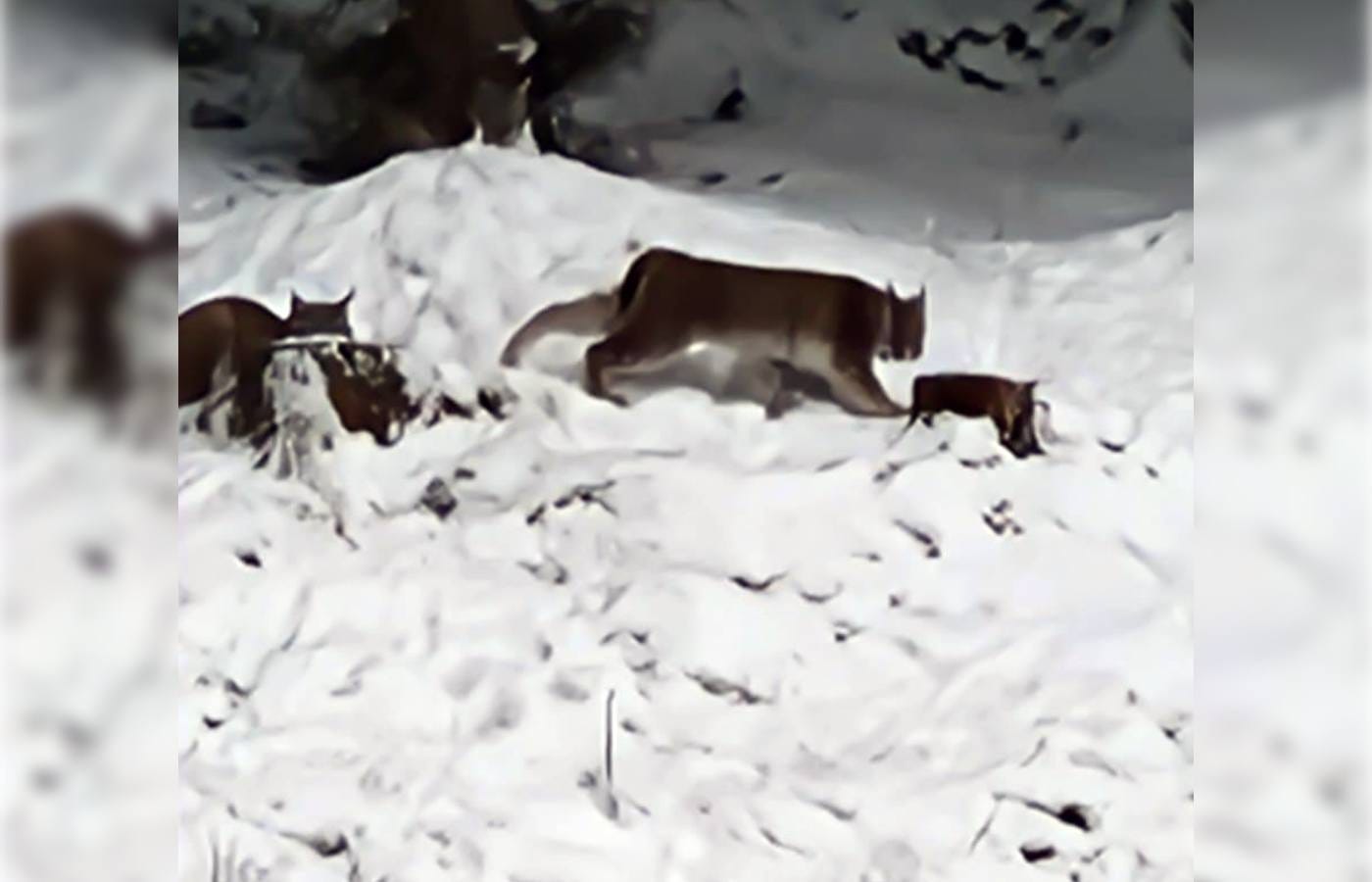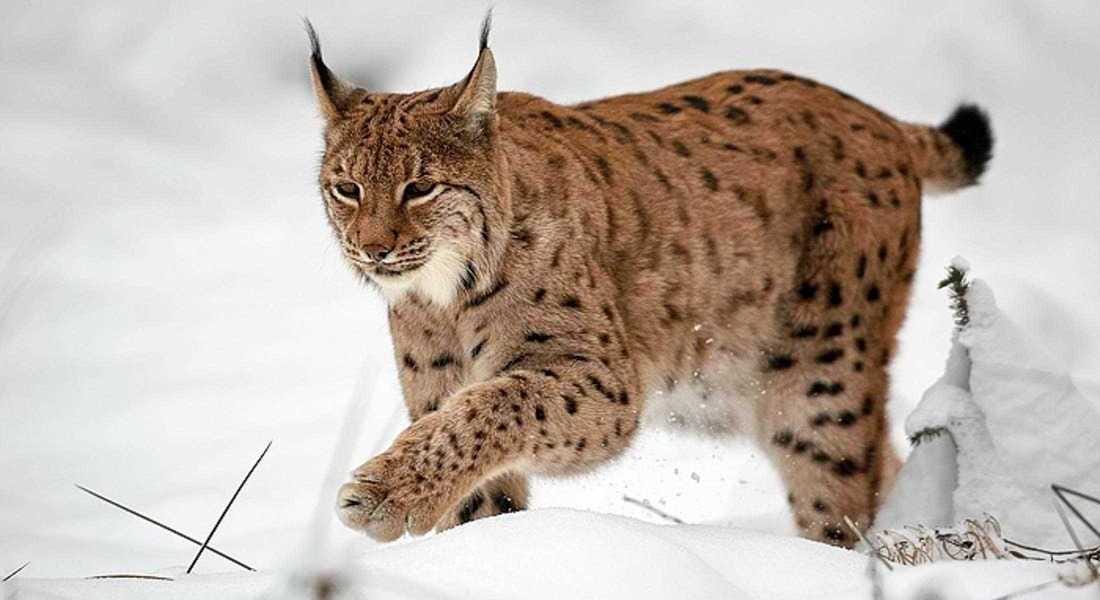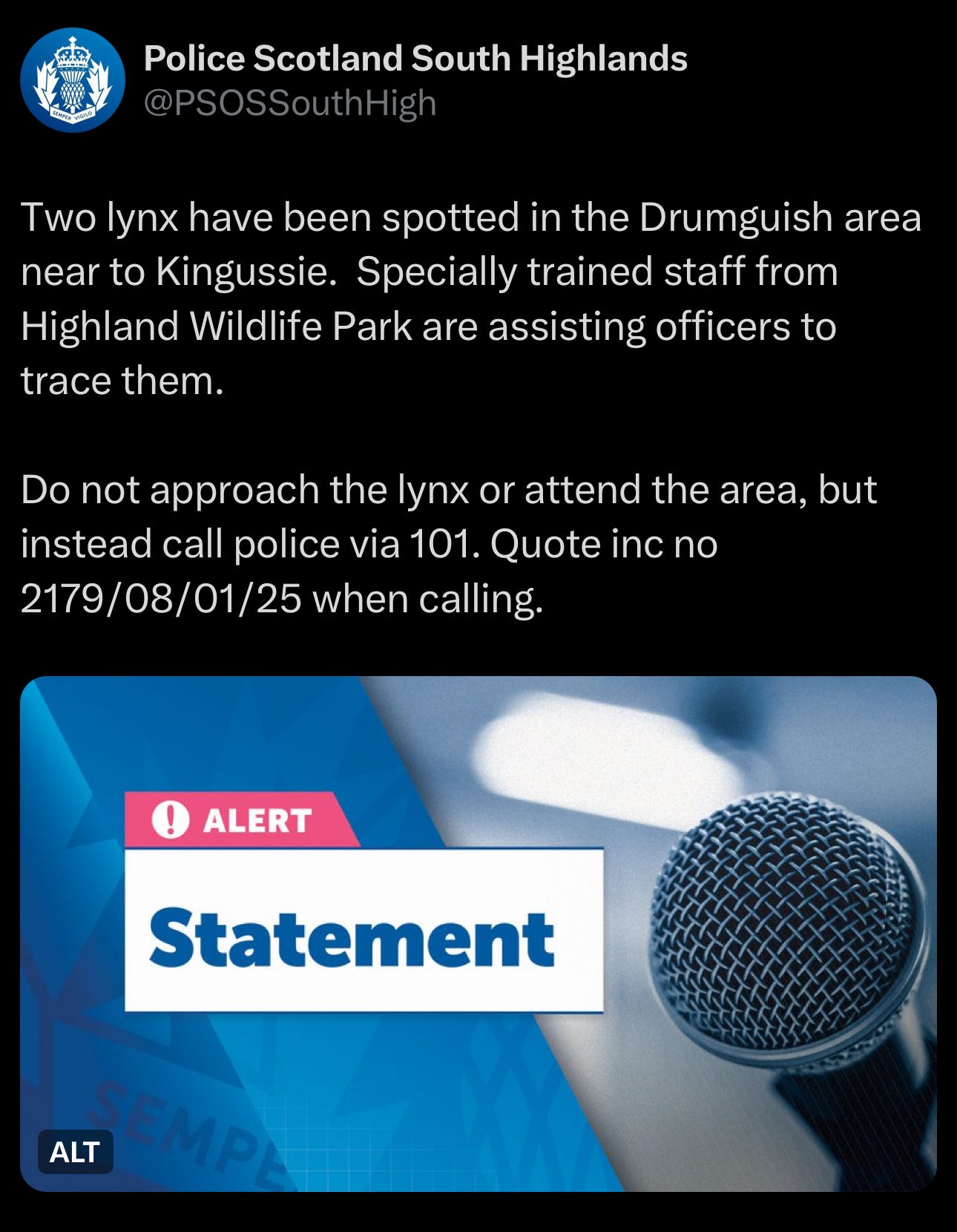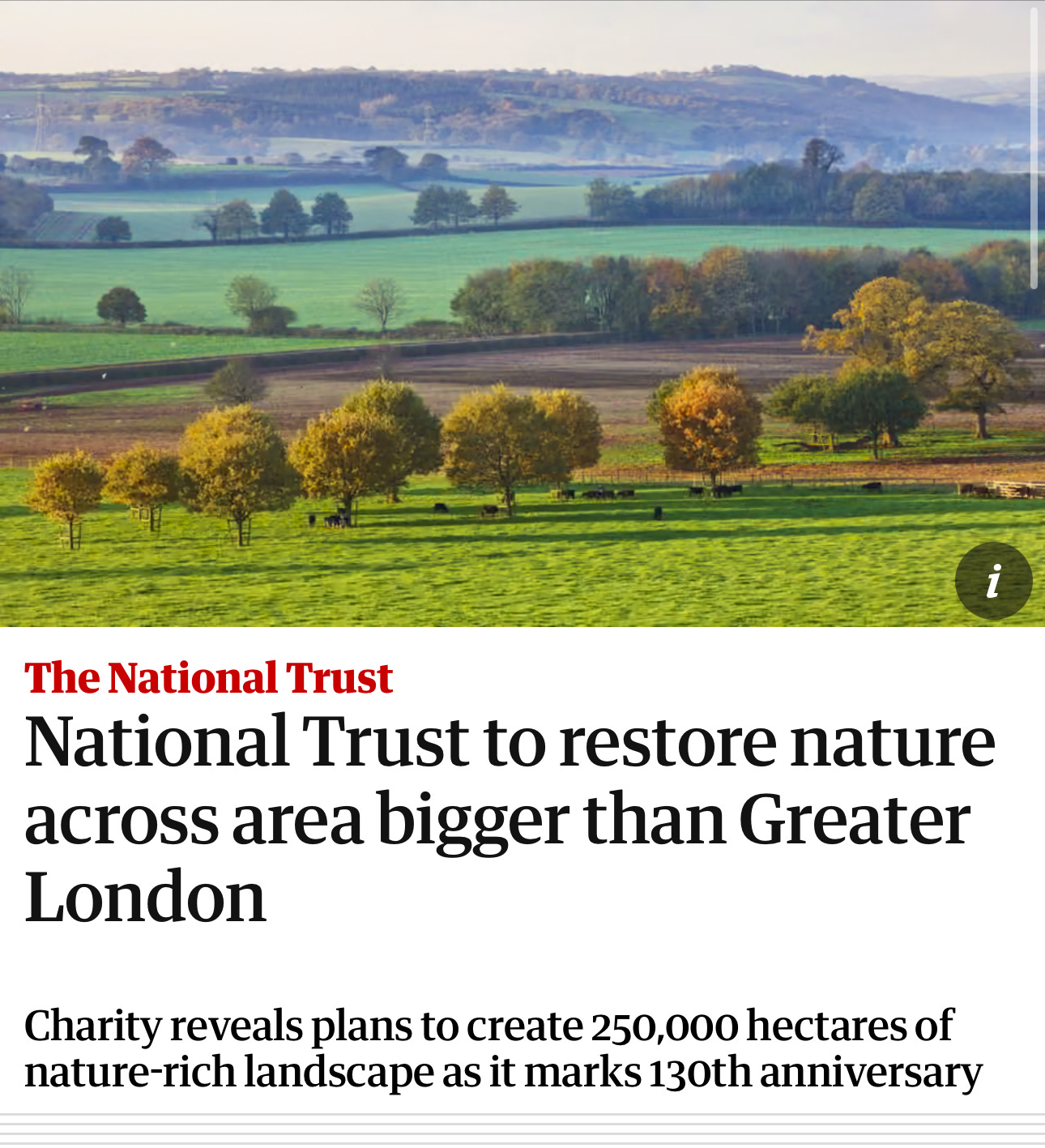Scotland's missing lynx
The strange appearance of a family of Eurasian lynx in the Highlands of Scotland raises an important question about just why these elusive creatures haven't long ago been officially reintroduced
The surprise appearance and subsequent safe capture this week of a seemingly tame family of Eurasian lynx in the Highlands of Scotland, more than one millennium after the species was extirpated from Britain, has been by far the most bizarre British news story of 2025 so far. Speculation is they may have been pets abandoned after becoming unmanageable, or that this was the work of wildlife enthusiasts frustrated by years of official obstruction over lynx reintroduction. Following a flurry of activity by local police, assisted by assorted gamekeepers and local zoo and conservation workers, the lynx have been safely trapped and transported to Edinburgh Zoo. Now, for a brief moment, one of Britain’s most iconic extinct species is dominating the national discourse, which can only be a good thing.
The big question arising from this week’s Cairngorms lynx story is not how the unfortunate creatures got there; but why lynx, a secretive, beautiful British native species, has not been officially reintroduced to Britain long ago. There are no good reasons for not doing so. Britain has some of the remotest, wildest landscapes in Europe: The Cairngorms is Europe’s largest national park, and the Highlands of Scotland are second only to Lapland as Europe’s least densely populated area. Our landscapes are full of lynx’s favourite prey, deer. A lynx is about the size of a labrador, posing no threat to people, and in any case they keep themselves so well hidden that in Scandinavia they’re known as ghosts of the woods. Contrary to the shrill reporting of recent days, lynx don’t tend to take livestock. They’re ambush predators, lying in wait among the trees until a roe or other small deer passes beneath.
Lynx have recovered from near extinction across Europe, and are now found in virtually every mainland European country, including in areas as densely populated, intensively farmed and developed as many of our own lowland landscapes. Lynx would do just fine here and it would be so easy to bring them back, but as usual Britain squats in joint last place with neighbouring Ireland when it comes to undoing past wrongs and restoring landscapes and lost native species. Why?
I’ve seen the answer firsthand during nearly two decades of obsessing over nature recovery in Britain, and especially during five years as a non-executive director of the Department for Environment, Food and Rural Affairs. The assorted vested interests, farming representatives and landed cliques who direct from the shadows how our wildlife and landscapes are managed have an astonishingly poor understanding of how nature actually works. ‘Beavers eat fish.. they’ll kill all the trees!’, ‘dredge the rivers to stop flooding!’, ‘shoot seals to save salmon!’… Calls to kill things, flail things, drain things, spray things, concrete over things and generally to subjugate nature are the knee-jerk response in rural Britain to all questions. It’s worse in Scotland and Wales even than it is in England, where change seems at last to be in the air. But it’s not just ignorance that clouds rural policy in Britain.
The malevolence of a small, organised rural cabal that is opposed to any kind of wildlife recovery, and the stranglehold it has over weak-kneed government officials, simply cannot be overstated. The British public overwhelmingly demands the return of beavers and storks and eagles and lynx and vibrant landscapes which sing with life. People increasingly understand that such landscapes, in which people work with the grain of nature rather than against it, are not only more joyful, but are also far more effective in protecting communities from flash flooding, drought and other natural events. They know that healthy landscapes are the key to maintaining into the future the very ability of nature to feed and nurture us. But a few puce-faced individuals, stuck in a mindset of ruthless, short-term exploitation and cold dominion over nature, just won’t allow any of it. That’s why nothing ever happens.
Life is short, and you can well see why some people are tempted to take matters into their own hands, even if at times their efforts fall flat for lack of basic planning. Just think, every single wild-living beaver in Britain today is there as a result of unlicensed releases, not to mention goshawks, wild boar and a host of other recovering native species. These all returned in spite of not because of government. The holding up of the Tayside beaver ‘fiasco’ by the National Farmers Union of Scotland as a comparative warning against unlicensed wildlife reintroductions is an odd choice when you consider the triumphant reality of that situation; which is a beaver-made ecological recovery unfolding across one of Scotland’s largest river catchments. The River Tay is now the wild source population for all subsequent beaver reintroductions in Britain. While government obfuscated and obstructed, in the early 2000s someone performed a miracle out of the back of a van. Meanwhile, the entirely legal annual release of 50 million+ non native pheasants into the landscape by a different set of people without a shred of paperwork tells you just who is in charge of affairs.
The Scottish authorities were so terrified this week of the wrath of rural vested interests that they turned out hordes of police, supported by acquiescent conservation organisation employees, with guns and cages and heat seeking night sights and drones to seize a family of semi-tame tabbies unfortunate enough to have been left out in the woods. You’d have thought the police might have better things to do.
So save your outrage not for the blunderers who presumably thought they could make a difference by putting the Killihuntly lynx family out there, but for a rural policy system that is entirely corrupted from top to bottom. And be happy that this particular lynx family is now warm and fed in Edinburgh Zoo, safe from the keepers’ guns.
If you doubt what I’ve written here, ask yourself why native, vital beavers are still illegal in England, if not now in Scotland where legal releases are cautiously underway. Year after year, in spite of massive public support and growing reams of science calling for their return, nothing changes. One DEFRA minister after the next has promised to legalise beavers before being bullied into silence by shadowy rural lobbyists. What’s the betting there’s no good news on beavers in England in 2025?
Nevertheless, the times they are a changin’. A number of important organisations are casting out their own caution and joining the fray - this week it was the amazing National Trust.
Public understanding of nature is on a roll, in large part thanks to some excellent comms by Britain’s growing wild population of ‘illegal’ beavers. Even among farmers and larger landowners, and especially the younger ones, attitudes towards nature are changing. The Nature Friendly Farming Network is fast growing into an alternative to the blustering, backwards National Farmers Union. The Oxford Real Farming Conference has started to make the actual Oxford Farming Conference look like a sideshow. Farmers undoubtedly have it tough, and a number of their most pressing demands are bang on. But their representatives have done them no favours by refusing to engage with the zeitgeist and by standing vociferously against the wishes of the public when it comes to relatively small-hat issues such as lynx in our national parks. As DEFRA Secretary of State, Michael Gove used to talk of having to sit through “yet another NFU whinge-athon”, a comment which would have been unthinkable for any of his predecessors, while the new Labour crop don’t seem as bothered about ranked tractors along the Mall as might have been expected. A new social contract may be emerging.
So while we may have to wait a while longer for the return of lynx to the wild in Britain, be happy, because good things are happening in 2025. And join a nature organisation today!








Hugely intelligent article. Very important to oppose the UK government's knee-jerk reactions to the removal of targeted wildlife.
It's really too bad they couldn't have left the lynx in the Cairngorms. Sigh. Thanks for the great article.